| Piano/Keyboard |
| 4 years + |
A great place to start! Forms a good basis for learning any other instrument. No daily tuning required. Easy to understand – pitch is set out in order from lowest to highest. Forte courses best for 4 – 8 year beginners. |
| Guitar – Acoustic |
| 8 years + |
Requires highly developed fine motor skills and co-ordination. Classical (nylon strings) – usually best for beginners because nylon is easier on the fingers. Steel string guitars for rock and pop beginners with high pain threshold! While you can start from 8, the best age to learn is when you are a teen or adult. |
| Guitar – Electric |
| 8 years + |
Easier for the young beginner because strings are closer to the frets and the neck is narrower. Bass is another for of electric guitar. Bass guitar – easy to play especially after gaining the basics on electric/acoustic. |
| Flute |
| 9 years + |
Easy to blow if lip shape is suitable. Ability to form a single fine air column with lips is important. This can be problem if upper lip is tear drop shaped. Easy to understand fingering. Concert pitch instrument uses treble clef. |
| Clarinet |
| 9 years + |
Easy to blow when given guidance. More complicated fingering than flute. A popular instrument for bands and orchestras. Develops solid diaphram control. Clarinet is a reed instrument uses treble clef. |
| Oboe |
| 13 years + |
Difficult to blow. Uses very small reed and requires solid diaphram control. Best learned when experience has been gained on clarinet. Concert pitch instrument uses treble clef. |
| Saxophone |
| 9 years + |
Easy to play instrument. Heavier that a clarinet, can be loud and overpowering – great for outgoing personalities. Reed instrument, popular in bands. Four types:- Soprano, Alto, Tenor and Baritone. Alto is most popular for beginner. |
| Trumpet |
| 9 years + |
Mouth shape is important. Teeth not protruding too far. Braces can be a problem. Great for outgoing personality with plenty of raw energy. Diaphram control and facial muscle are strengthened. Thin lips can be an advantage. |
| Trombone |
| 9 years + |
Easier to play than trumpet as it has a larger mouthpiece. Well-balanced instrument held across the shoulder. Mischievous and fun to play offering a large range of sounds. Longish arms, an advantage. |
| Euphonium/Baritone/Tuba |
| 9 years + |
Easy to play – large mouthpiece. Larger instrument, heavier that most with deeper sound. Sits on lap to play. Versatile:- lots of beautiful lyrical lines as well as the ‘oompa’ lines of the tuba. |
| Violin |
| 5 years + |
Slow going at first. Requires highly developed fine motor skills and good sense of pitch. At first, emphasis is on the mechanics – bowing technique and pitch production. Patience and persistence is required. |
| Viola |
| 11 years + |
Lower pitch instrument with more mellow sound. Can be more opportunities in orchestra as there are fewer players. Degree of difficulty similar to violin. |
| Cello |
| 11 years + |
Requires highly developed fine motor skills and good sense of pitch. Larger instrument to carry around. Stronger left hand required. Sit down to play. Uses floor grip for long spike. |
| Drums |
| 9 years + |
Great stress relief for high-energy people! Natural rhythm and co-ordination – an advantage. Almost instant result. Practice facilities available at some Forte locations. You can even join a marching band! |
| Percussion |
| 9 years + |
The “jack of all trades” section! Flexibility and co-ordination is important. Best learnt in conjunction with another instrument, especially piano as xylophone, etc are based on keyboard layout. Some percussion included in Forte courses. |
| Singing / Voice Training |
| Teen/Adult |
This is your instrument! There’s lots of fun to be had here. Sing solo or join a choir. Good for stress release, personal development and confidence building. Learn your favourite music be it opera, pop or from famous shows. |
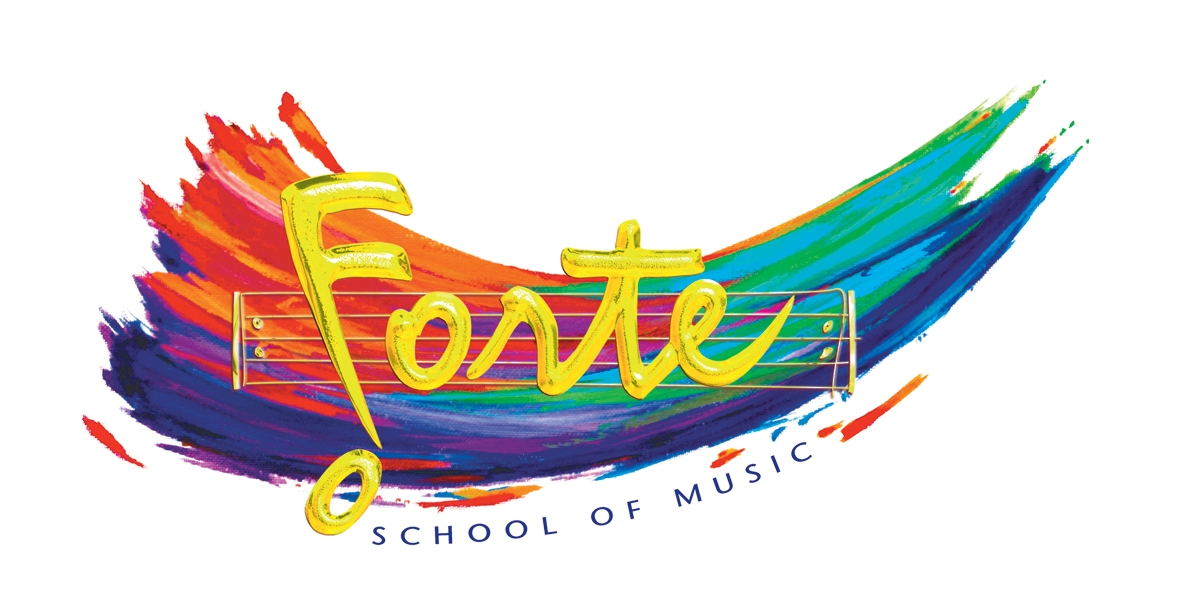
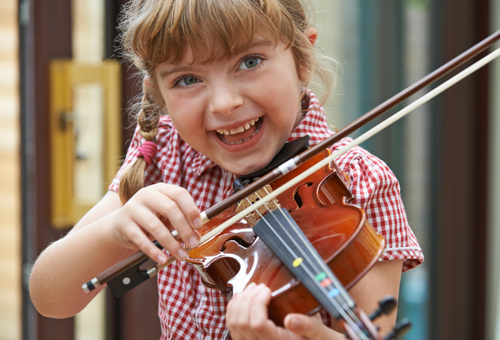
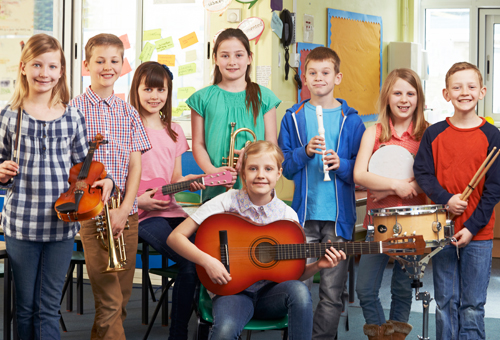
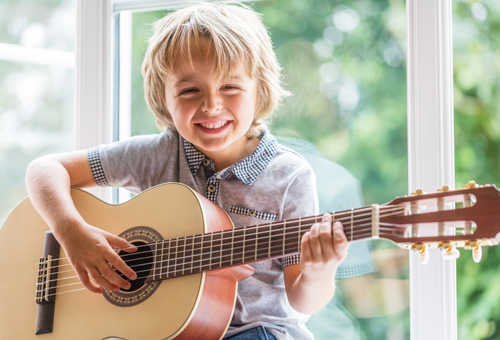
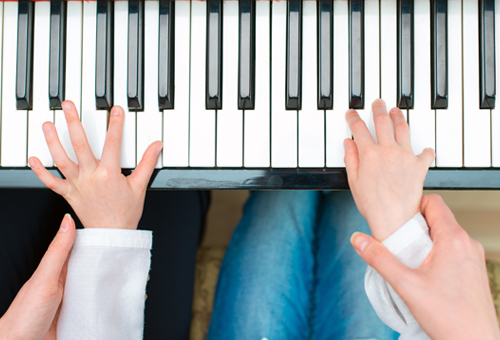



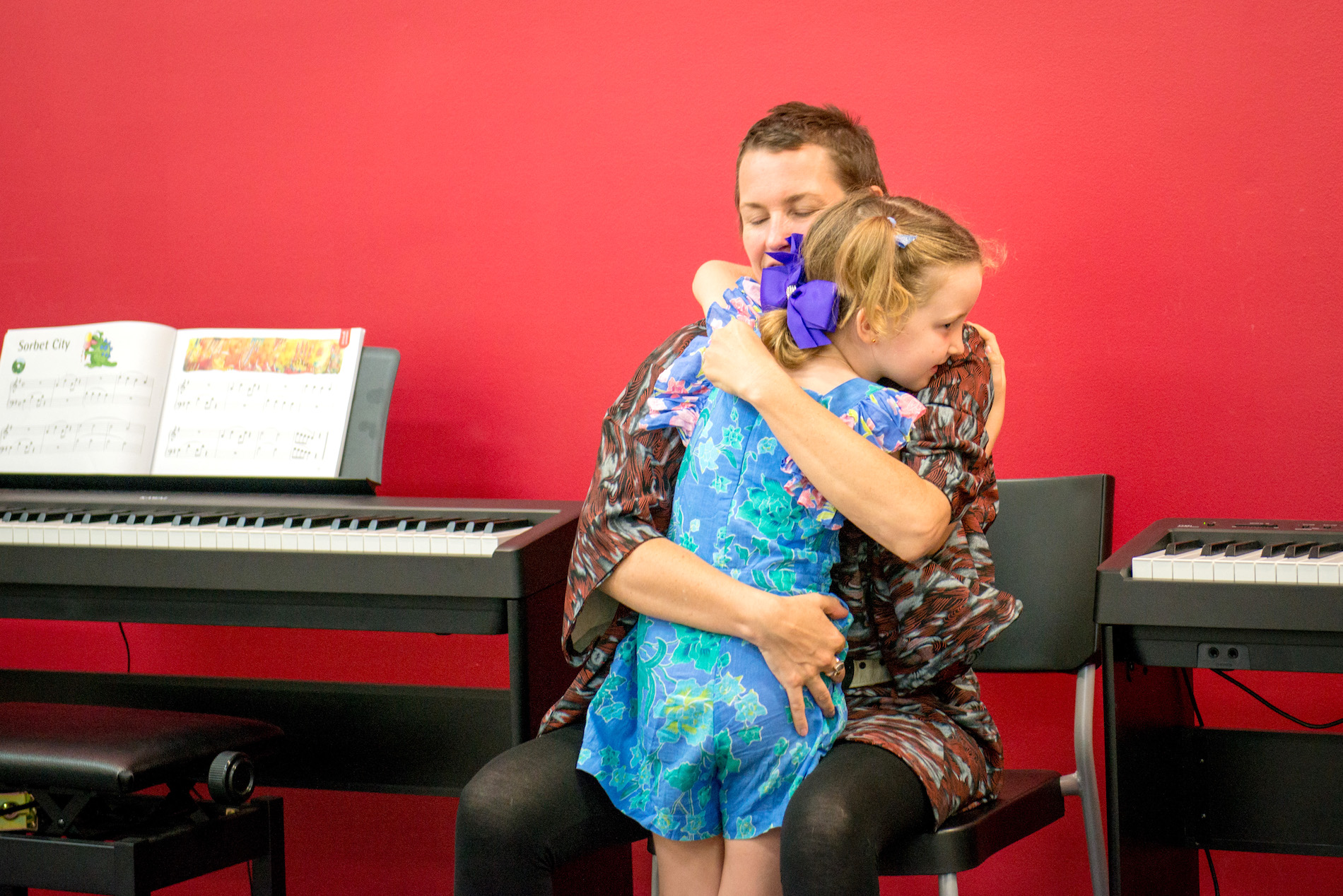
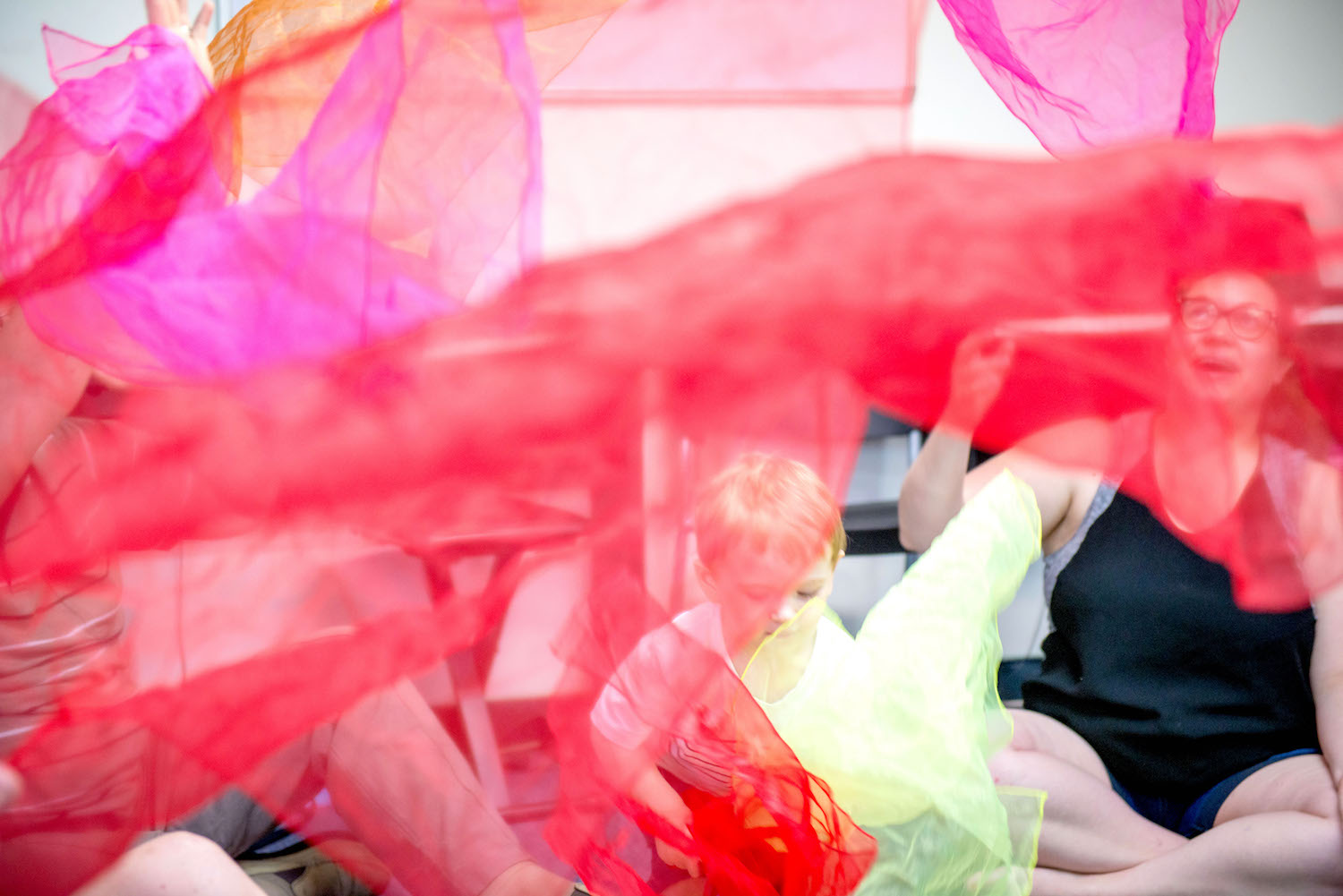


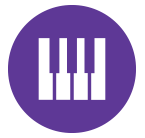
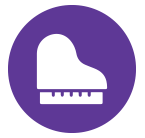

– SANDY